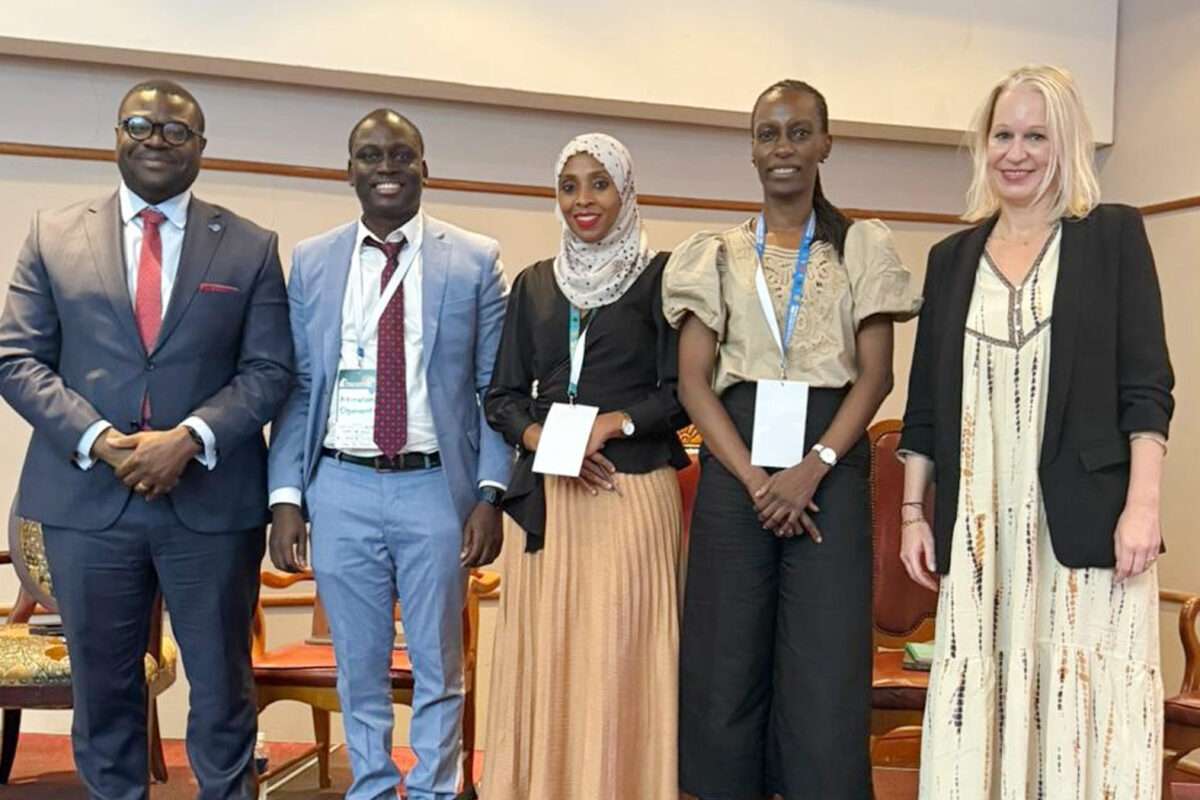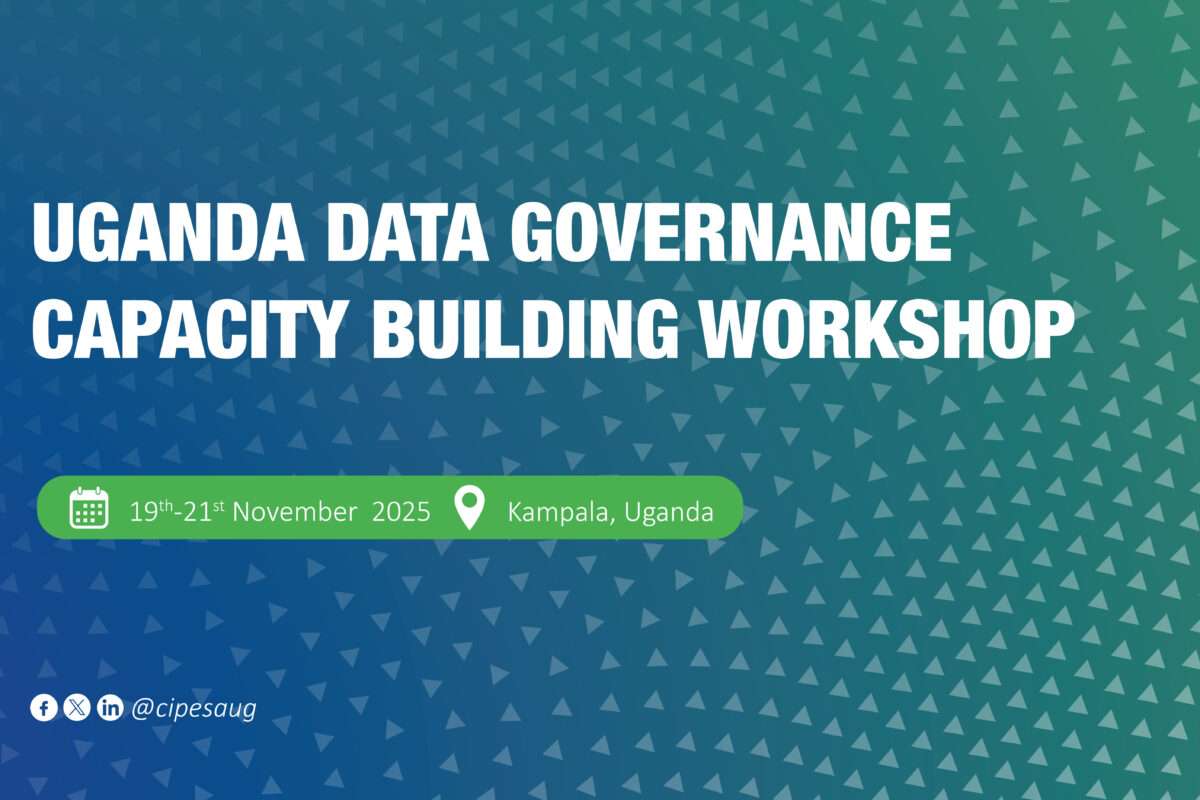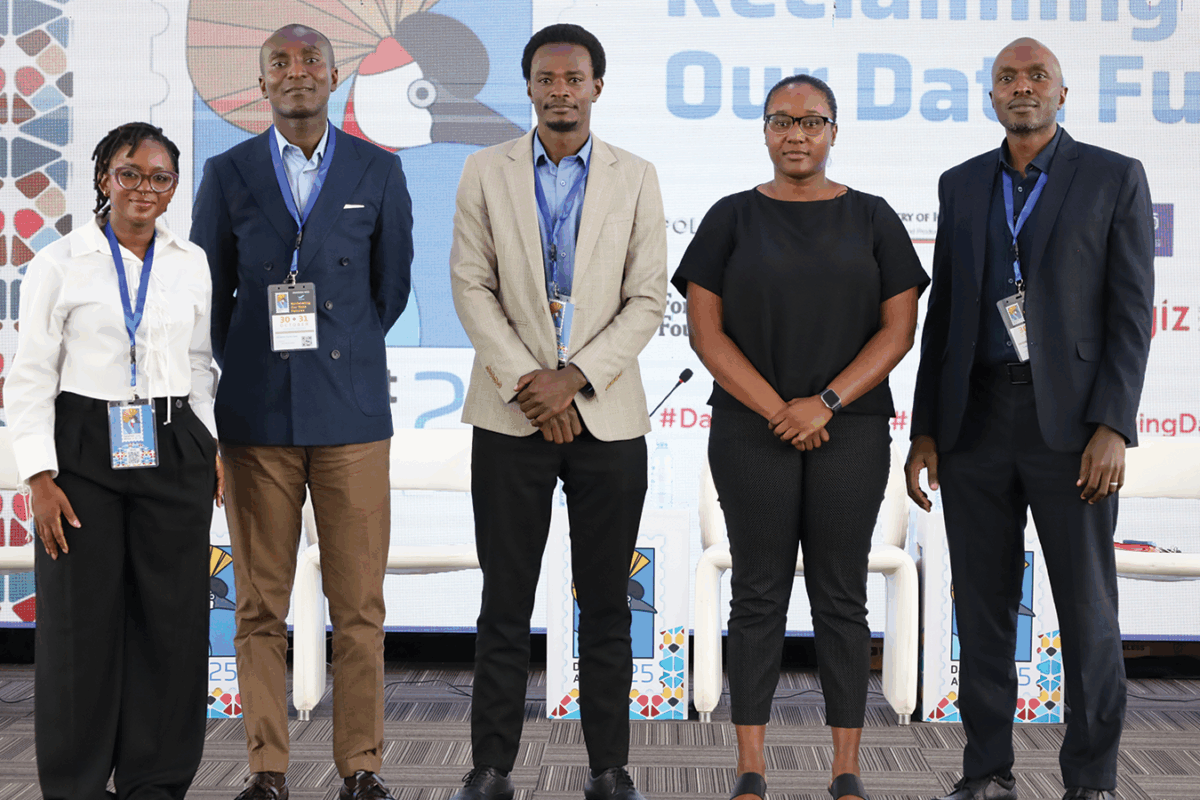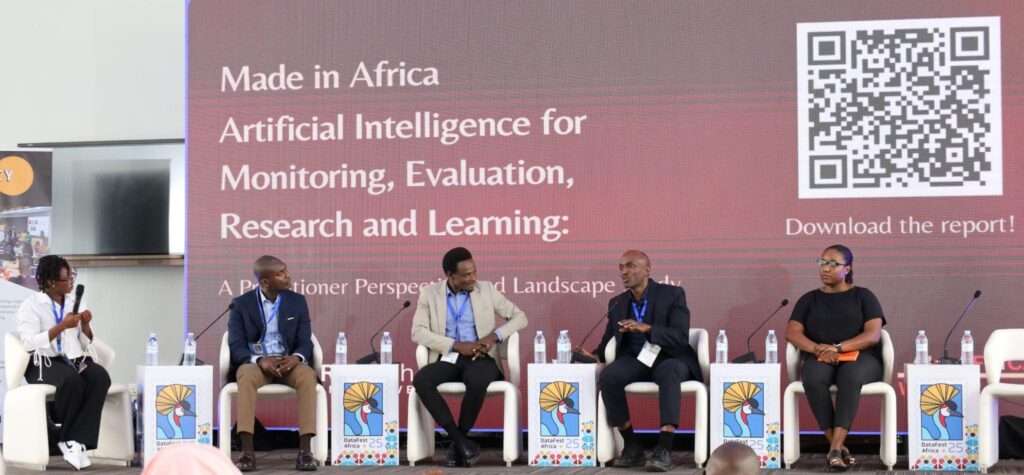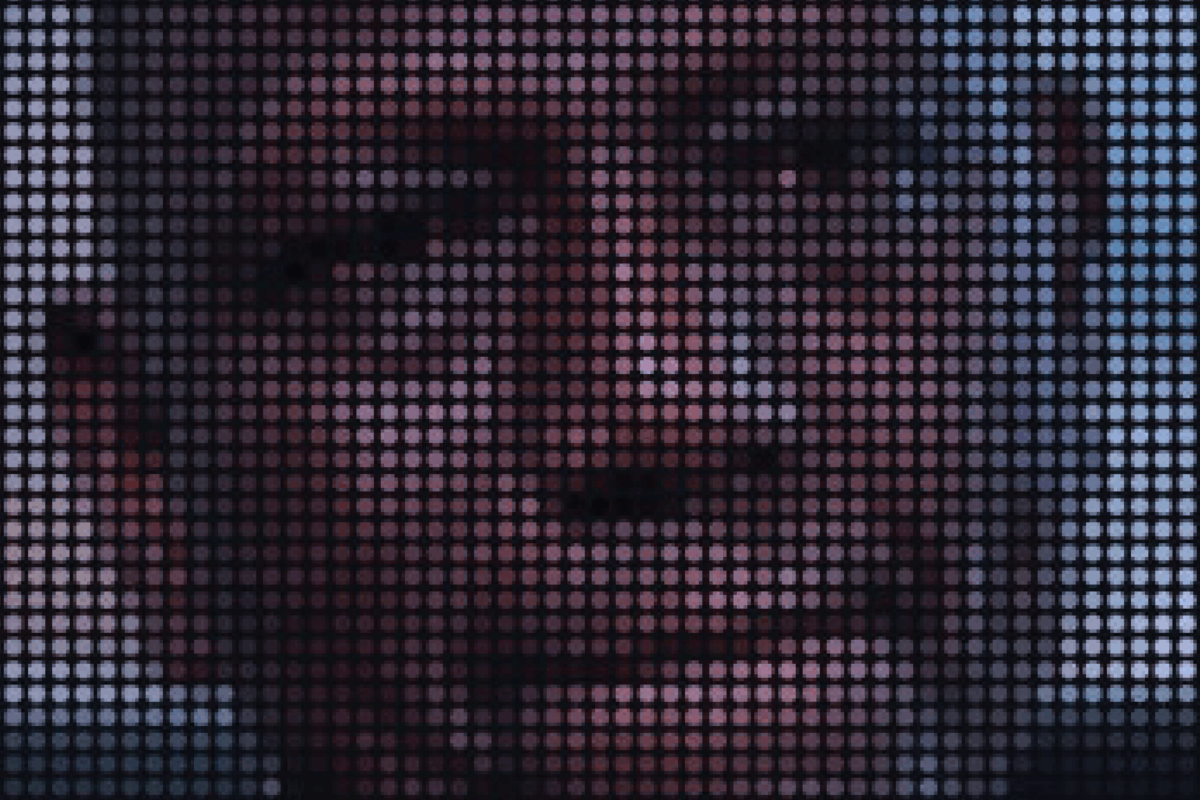By CIPESA Writer |
Across Eastern and Southern Africa, activists, journalists, and women human rights defenders (WHRDs) are leveraging online spaces to mobilise for justice, equality, and accountability. However, the growth of online harms such as Technology-Facilitated Gender-Based Violence (TFGBV), disinformation, digital surveillance, and Artificial Intelligence (AI)-driven discrimination and attacks has outpaced the development of robust protections.
Notably, human rights defenders, journalists, and activists face unique and disproportionate digital security threats, including harassment, doxxing, and data breaches, that limit their participation and silence dissent.
It is against this background that the Collaboration on International ICT Policy for East and Southern Africa (CIPESA), in partnership with Irene M. Staehelin Foundation, is implementing a project aimed at combating online harms so as to advance digital rights. Through upskilling, advocacy, research, and movement building, the initiative addresses the growing threats in digital spaces, particularly affecting women journalists and human rights defenders.
The first of the upskilling engagements kicked off in Nairobi, Kenya, at the start of December 2025, with 25 women human rights defenders and activists in a three-day digital resilience skills share workshop hosted by CIPESA and the Digital Society Africa. Participants came from the Democratic Republic of Congo, Madagascar, Malawi, South Africa, Tanzania, Uganda, Zambia, and Zimbabwe. It coincides with the December 16 Days Of Activism campaign, which this year is themed “Unite to End Digital Violence against All Women and Girls”.
According to the United Nations Population Fund (UNFPA), TFGBV is “an act of violence perpetrated by one or more individuals that is committed, assisted, aggravated, and amplified in part or fully by the use of information and communication technologies or digital media against a person based on their gender.” It includes cyberstalking, doxing, non-consensual sharing of intimate images, cyberbullying, and other forms of online harassment.
Women in Sub-Saharan Africa are 32% less likely than men to use the internet, with the key impediments being literacy and digital skills, affordability, safety, and security. On top of this gender digital divide, more women than men face various forms of digital violence. Accordingly, the African Commission on Human and Peoples’ Rights (ACHPR) Resolution 522 of 2022 has underscored the urgent need for African states to address online violence against women and girls.
Women who advocate for gender equality, feminism, and sexual minority rights face higher levels of online violence. Indeed, women human rights defenders, journalists and politicians are the most affected by TFGBV, and many of them have withdrawn from the digital public sphere due to gendered disinformation, trolling, cyber harassment, and other forms of digital violence. The online trolling of women is growing exponentially and often takes the form of gendered and sexualised attacks and body shaming.
Several specific challenges must be considered when designing interventions to combat TFGBV. These challenges are shaped by legal, social, technological, and cultural factors, which affect both the prevalence of digital harms and violence and the ability to respond effectively. They include weak and inadequate legal frameworks; a lack of awareness about TFGBV among policymakers, law enforcement officers, and the general public; the gender digital divide; and normalised online abuse against women, with victims often blamed rather than supported.
Moreover, there is a shortage of comprehensive response mechanisms and support services for survivors of online harassment, such as digital security helplines, psychosocial support, and legal aid. On the other hand, there is limited regional and cross-sector collaboration between CSOs, government agencies, and the private sector (including tech companies).
A guiding strand for these efforts will be the #BeSafeByDesign campaign that highlights the necessity of safe platforms for women as well as the consequences when safety is missing. The #BeSafeByDesign obligation shifts the burden of responsibility of ensuring safety in online spaces away from women and places it on platforms where more efforts on risk assessments, accessible and stronger reporting pathways, proactive detection of abuse, and transparent accountability mechanisms are required. The initiative will also involve the practical upskilling of at-risk women in practical cybersecurity.


